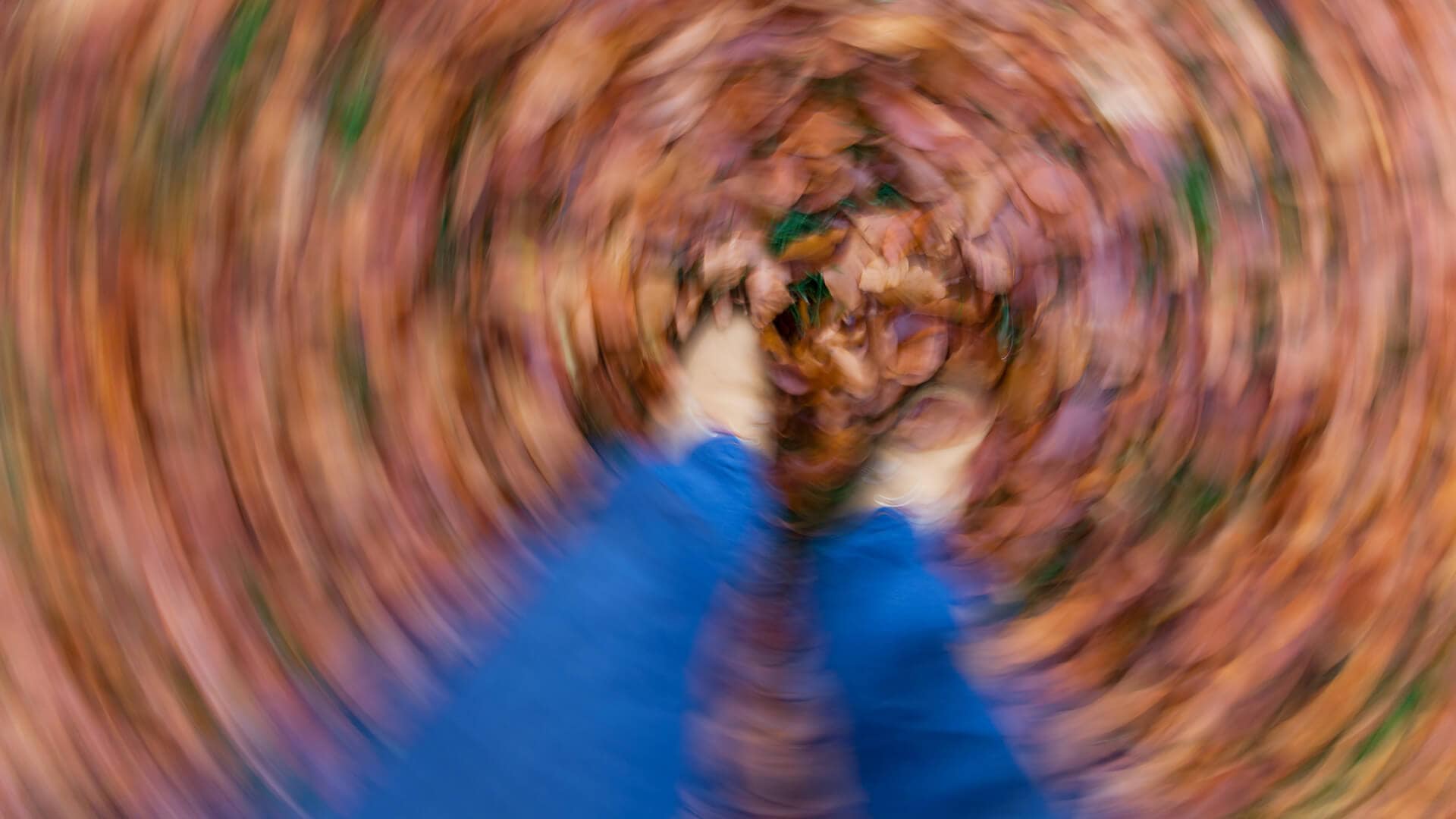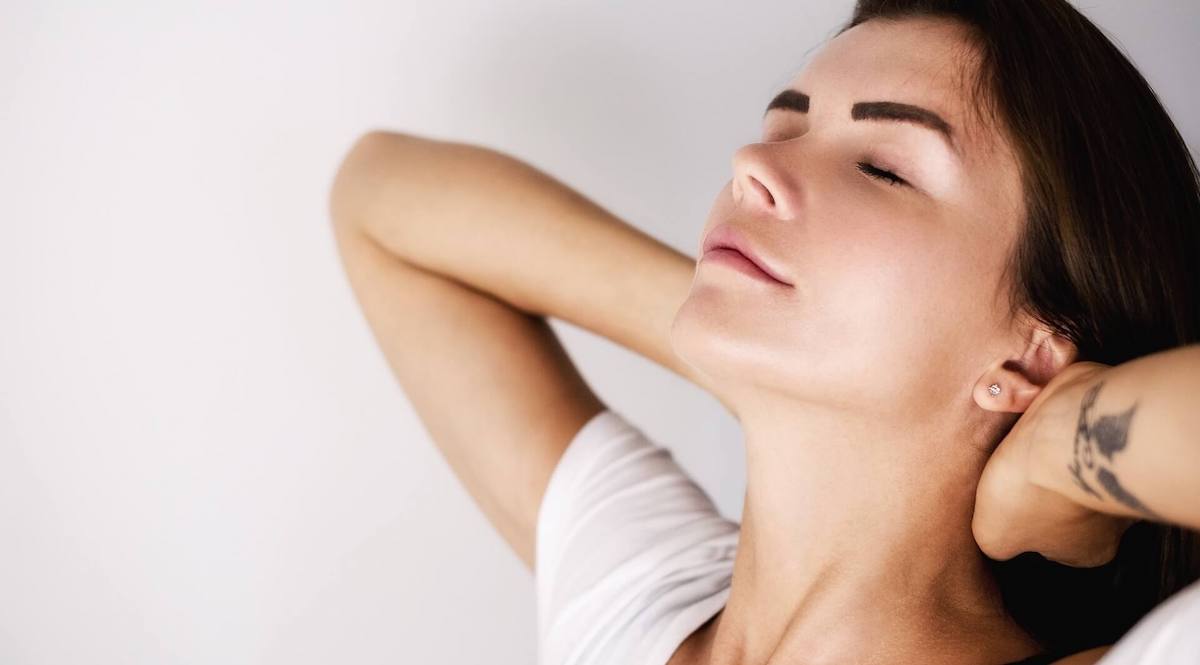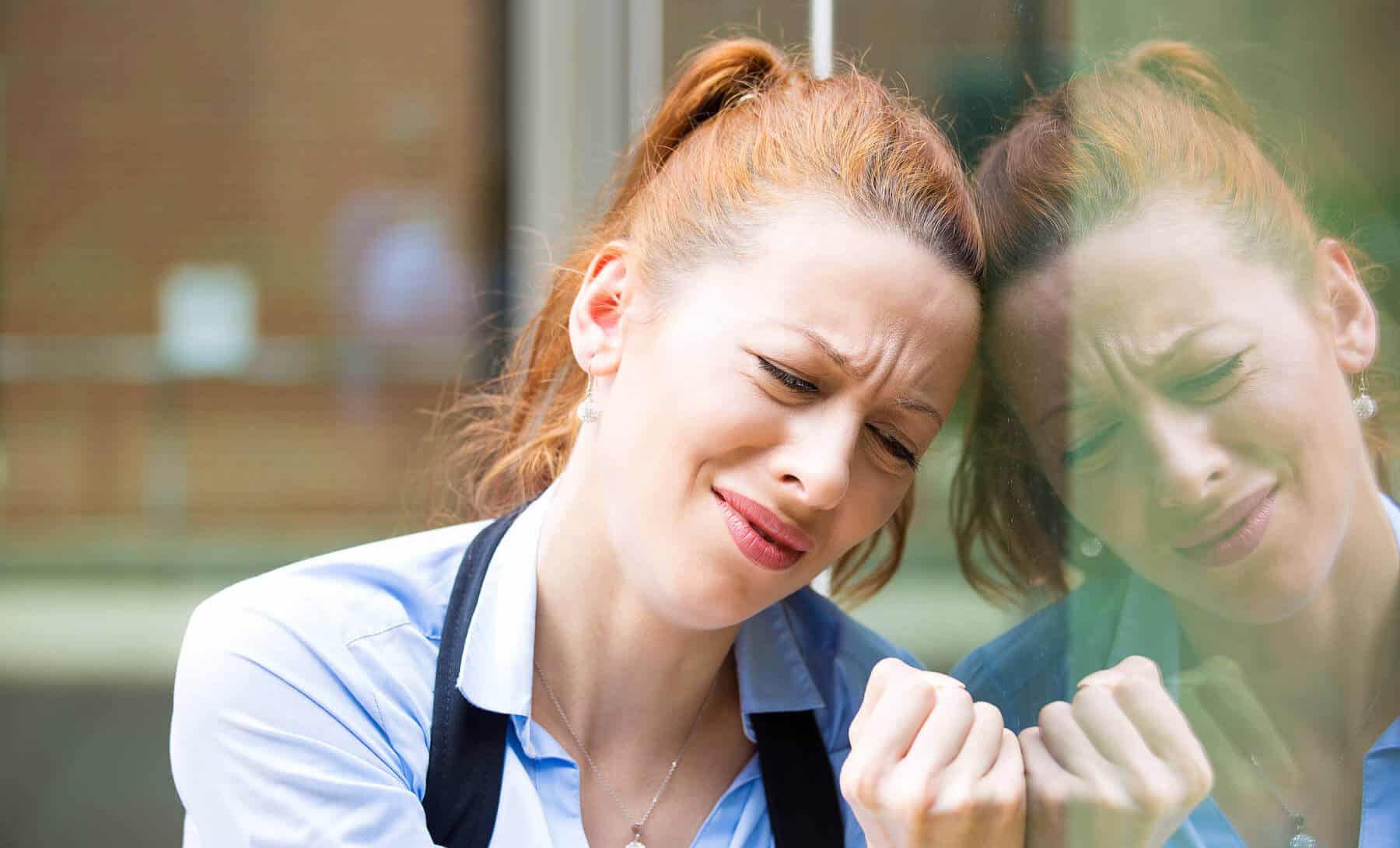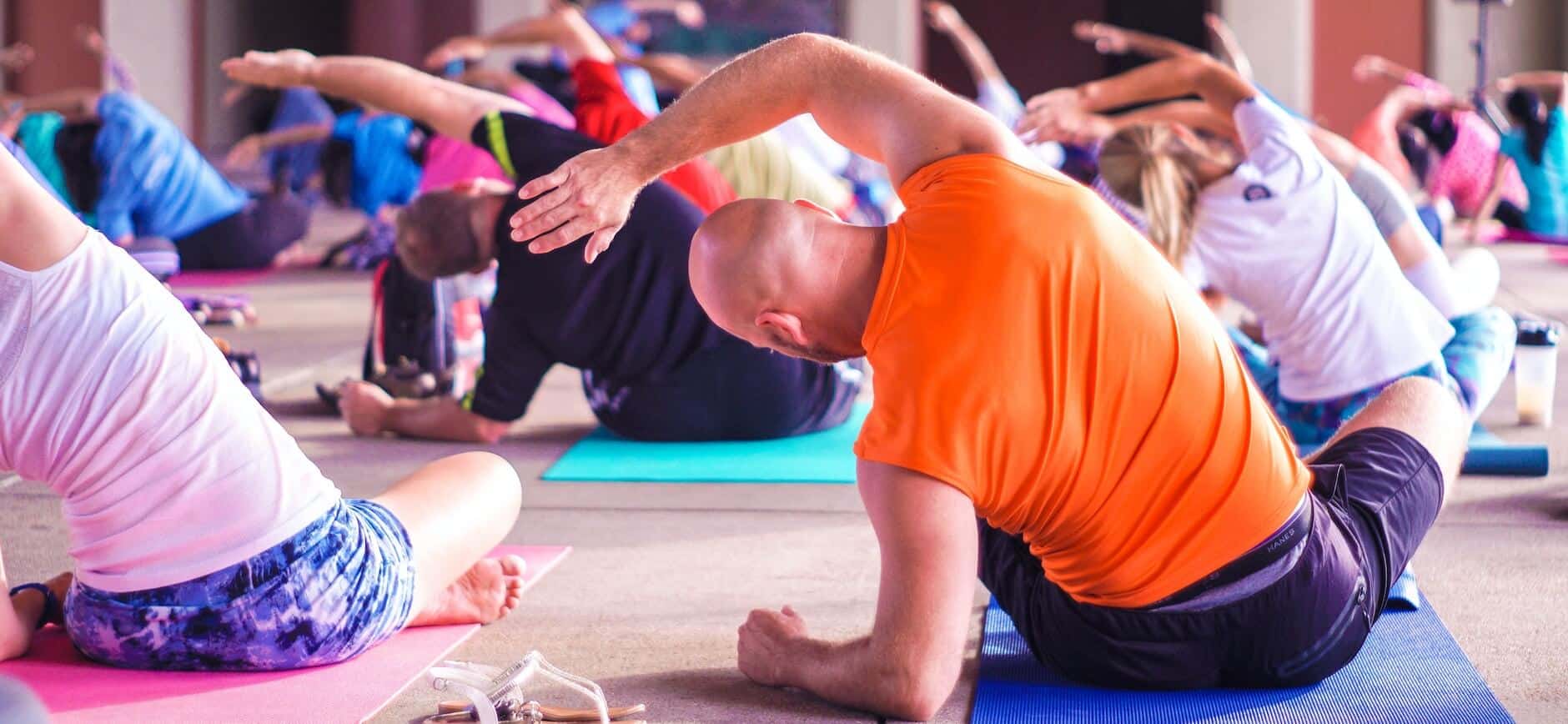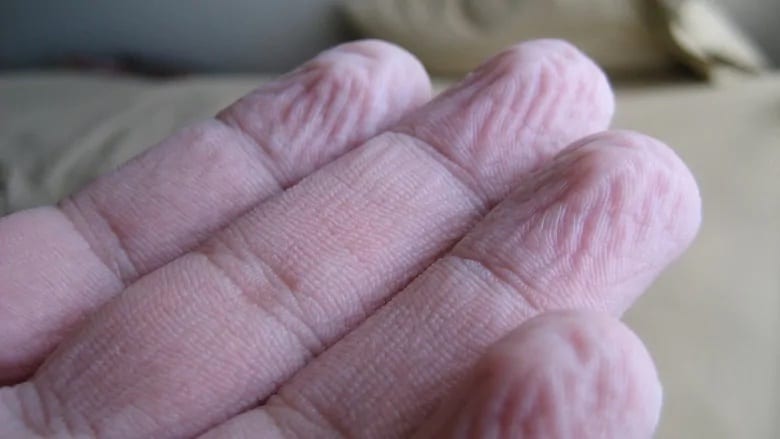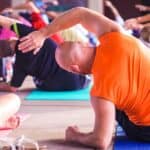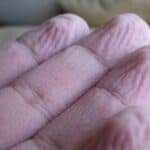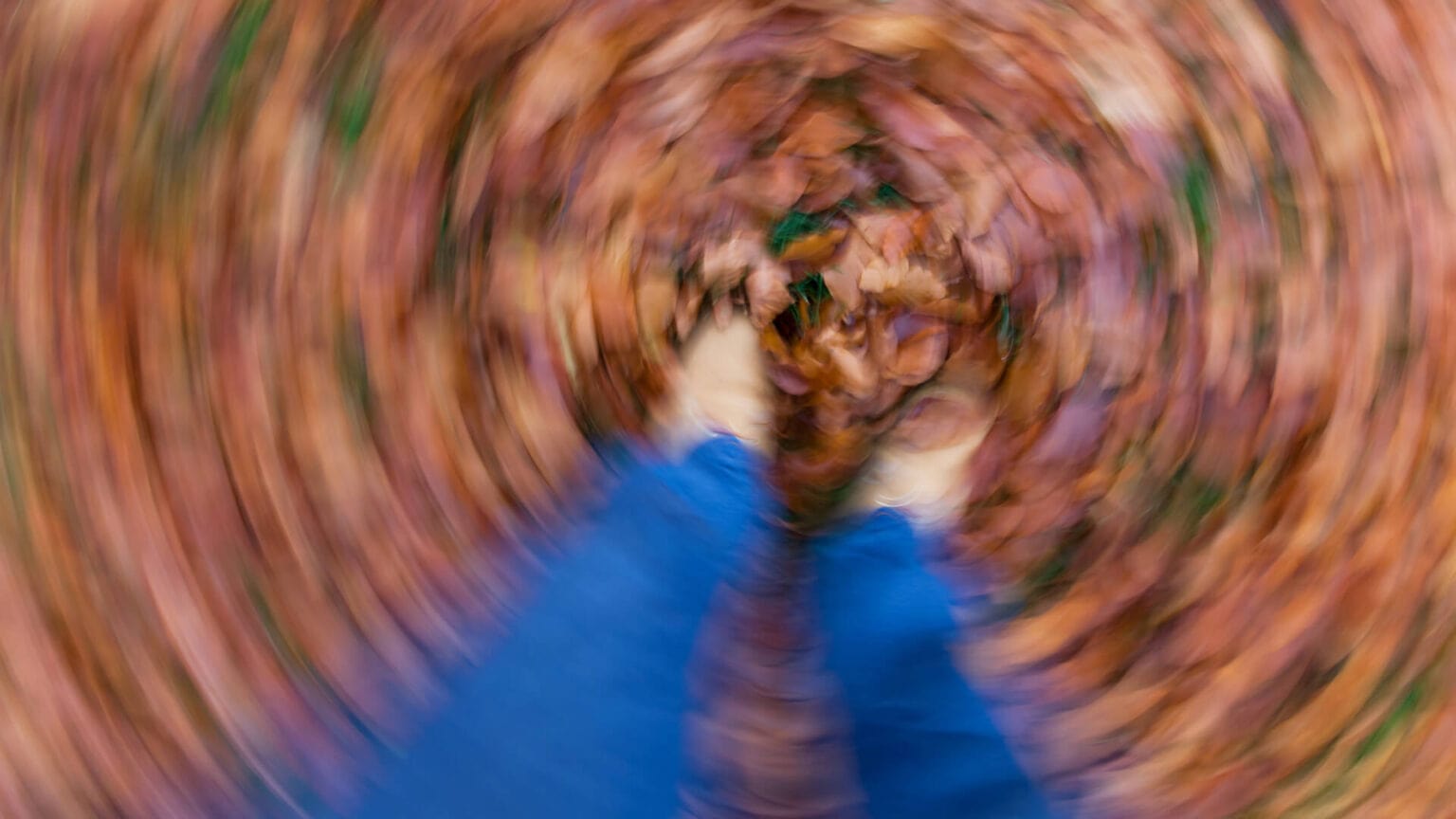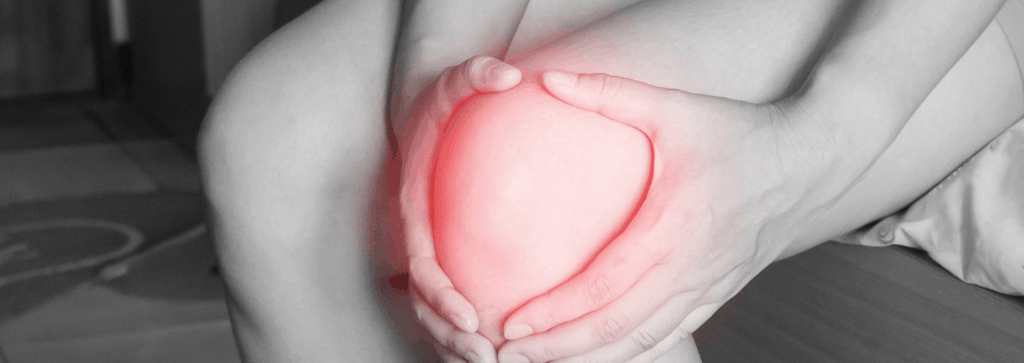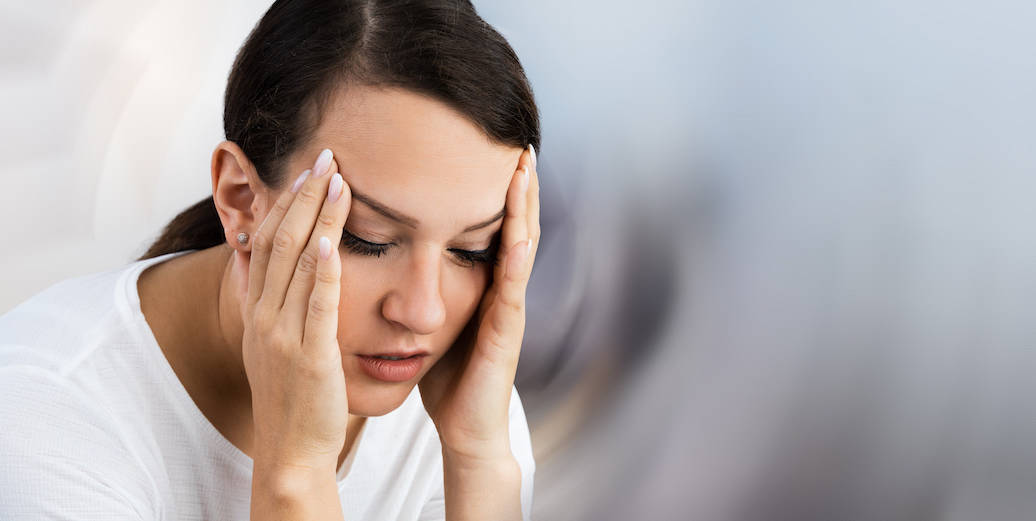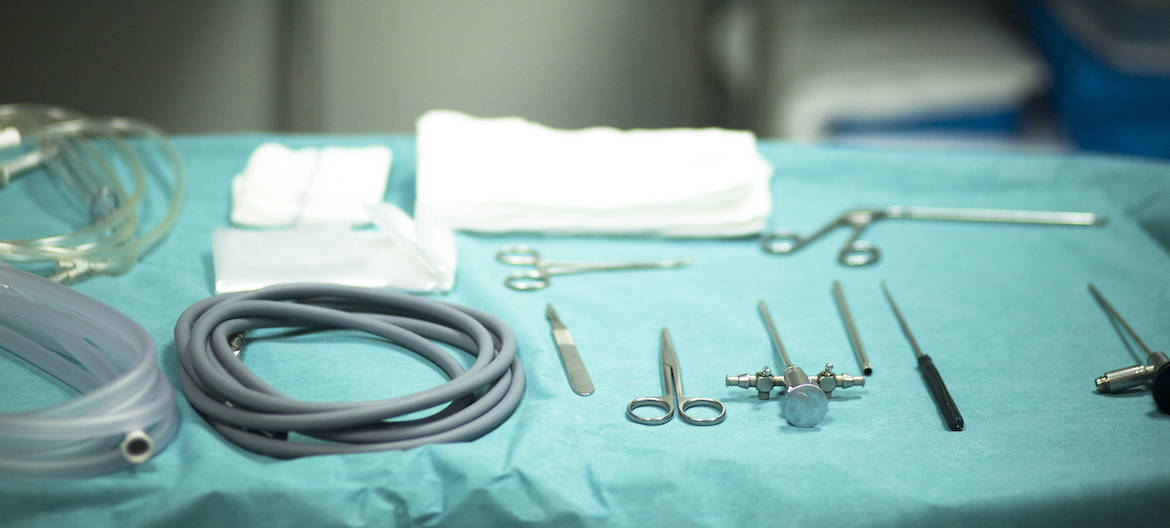Lisa Vernon is a physiotherapist and is the chief engineer of our BestBalance classes for falls prevention and balance improvement, She has done some digging on the effect of falls. As you will see, the stats aren’t great. So….. lets talk about falls!
The statistics
Falls are common in individuals aged 65 and over BUT they are not a normal part of ageing
According to SA Health in 2016:
- 20,120 people were admitted to a SA public hospitals who were injured after a fall (10 times higher than those admitted for motor vehicle accidents)
- over 65% of these people were aged 65 years or older
- 6.9 days was the average length of stay in hospital for older injured people
- 30% of adults over 65 experience at least one fall per year.
- Falls can result in a number of injuries from sprains to fractures that can result in a loss of independence
According the the Australian and New Zealand Falls prevention Society;
- Falls account for 40% of injury-related deaths and one percent of total deaths in adults over 65.
- 22-60% of older people suffer injuries from falls
- 10-15% suffer serious injuries
- 2-6% suffer fractures
- 0.2-1.5% suffer hip fractures.
The most commonly self-reported injuries include superficial cuts and abrasions, bruises and sprains.
The most common injuries that require hospitalisation are fractures of the thigh bone (femoral neck fractures) leg, arm (humerus, radius and ulna).
Hip fractures
The most serious and costly of these fall-related injuries is a hip fracture.
Elderly people recover slowly from hip fractures and are vulnerable to post-operative and bed rest complications.
In around 25% cases, hip fractures result in death and of those who survive, approximately 30% never regain complete mobility.
There was an estimated 19,000 admissions from hip fracture among Australians aged over 50 years in 2011 to 2012. An increase of 22% since 2002 to 2003.
Long lie
Another consequence of falling is the “long lie” – remaining on the ground or floor for more than an hour after a fall.
The long lie is a marker of weakness, illness and social isolation and is associated with high mortality rates among the elderly.
Time spent on the floor is associated with fear of falling, muscle damage, pneumonia, pressure sores, dehydration and hypothermia. It must be a terrifying experience.
What is the best way to reduce my falls risk?
Falls and balance programs can help you stay INDEPENDENT and ACTIVE.
These programs focus on improving strength and balance with specific exercises.
At Adelaide West Physio and Pilates our BestBalance falls and balance program is based on the Otago exercise program.
It is a set of leg strengthening and balance exercises designed specifically to prevent falls.
What’s the evidence to back it up?
Four controlled trials assessed whether the programme reduced falls and injuries in community-living older people. 1016 women and men aged 65 to 97 were invited by their doctors to participate.
Overall the program reduced the number of falls or injuries caused by falls by 35%. it was equally effective for both men and women.
It is most effective in people over 80 years or those who have had a fall in the last year.
